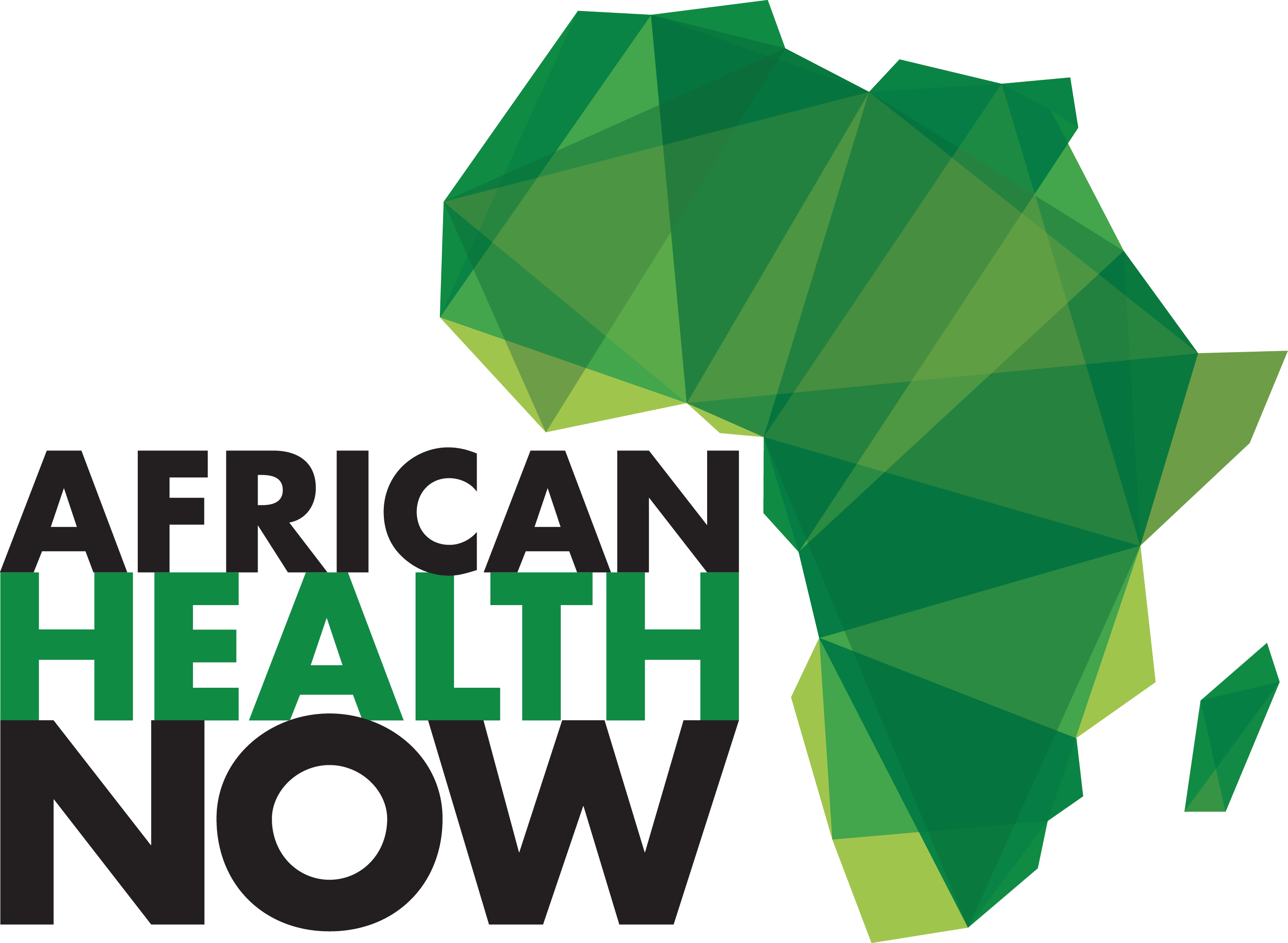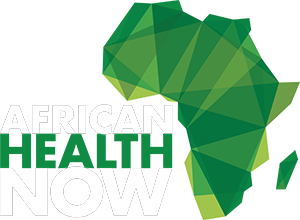ISSUE NO.40NEW BERGEN, NEW JERSEY
Nana Eyeson-Akiwowo
Written by Dara Mathis
Visuals by J. Quazi King
Nana Eyeson-Akiwowo, 36, has always known that the meaning of family extends far beyond the bounds of immediate kinship. Eyeson-Akiwowo, a first-generation Ghanaian-American, and her husband Akinola, who is of Nigerian descent, were both brought up in households that cherished their African heritage. When the couple welcomed their daughter into the world in 2013, they chose a name for her that reflected this connectedness: Omolara. “Omolara means ‘this child is family’ in Yoruba,” Eyeson-Akiwowo explains. Indeed, from her “look-into-your-soul kind of eyes” to her persistent personality, Omolara (1) is a reflection of her family and ancestors.
“She looks like my mother,” Eyeson-Akiwowo muses. “She has the most magnificent eyelashes and big brown eyes. We don’t know whose eyes those are, but the eyelashes are his.” Omolara is already experiencing her family’s culture beyond her name. “We eat traditional food. We go to functions and we’re very connected with our families. She’s been to Ghana [and Nigeria] already,” Eyeson-Akiwowo says. “She’s going to continue to see that part of herself and that part of her family.”
Eyeson-Akiwowo learned the importance of extended family growing up with parents who often welcomed their countrymen into their home. “My father was always active in the Ghanaian community; there’s always been a place for someone,” she remembers.
In a sense, the tradition of connecting with others for a common good followed her into her professional life as a bookings editor at Essence magazine. “I produced photo shoots from beginning to end,” Eyeson-Akiwowo says. “I’d create the budget, figure out where the shoot was going to be. Who’s the photographer? Who’s the model? Is it within budget?” Little did she know that her professional skills and personal interests would merge to lead her on an unexpected and emotional journey. In 2006 she received a distressing phone call at work from an uncle in Accra — her father had suffered a heart attack.
“I remember I was sitting at my desk; I was crying still,” Eyeson-Akiwowo recalls. “My friend Lanre had just moved to Nigeria. He happened to IM me and [say], ‘I’m in your neck of the woods. I just landed in Accra.’ I just started to type, ‘My dad had a heart attack.’”
When Eyeson-Akiwowo told her friend which hospital her father was in, he promised to find it and call her back. “Maybe midday, after I’d been calling all these relatives and no one [could] help, Lanre calls back and [says], ‘I found your dad, he’s in the hospital. He was in the hallway, they hadn’t put him in a room yet.
I got them to put him in a room [and] I saw the doctor. I’ll be back to visit him; I’m in Accra for the weekend. “Everything’s going to be okay.” Knowing that someone she trusted was looking after her father meant the world to her. But along with her friend, Eyeson-Akiwowo says the entire community of Pokuase, a suburb of Accra her family called home, joined together to support her father in his recovery. “It was the community that made sure he had food to eat. People came and they washed his car. Someone was always with him.”
Those simple acts of kindness inspired her to return the favor in the form of a health fair in Pokuase. “It just seemed like the appropriate thing to do,” she says. “Knowing the population, I knew that if my father could afford to receive and seek proper health care and wasn’t [receiving it], then what [would become] of a person with lesser means?”
Drawing on her skills as a bookings editor, she pulled together 21 friends to volunteer time and supplies for health screenings at the event she called A Gift of Life @ Christmas. “I raised the money by literally asking everyone I knew, and what I didn’t raise I matched with my own funds.
“When we did our first health fair [on December 26, 2006], it was really meant for that little area,” she recalls. “Instead 300 people showed up. My dad [said], ‘You have to keep doing it.’ It was never my intention that it would become a nonprofit or it would become something that I would do again another year.”
What helped change her mind? The 301st health fair attendee. “The next day one old lady had missed it completely. I [said], ‘The fair was yesterday! All the doctors have gone home,’” Eyeson-Akiwowo recalls. “She had walked and taken a dollar van, a tro-tro, all the way here from two towns over. She was so defeated that she had made this trek.
“So [my father and I] gave it to her right there,” she continues. “We did her blood pressure and glucose. She [said], ‘Thank you! That’s what I needed because I don’t have the money to go to the doctor.”
It was then Eyeson-Akiwowo realized it wouldn’t take a superwoman to change the continent—just a strong community that shares resources. That first health fair was the beginning of what would become African Health Now (AHN), the nonprofit organization Eyeson-Akiwowo founded that year to provide healthcare accessibility and information to Africans.
The transition to the nonprofit sector while continuing her full-time job at Essence wasn’t easy. “I realized that I didn’t even know what nonprofits were and I didn’t know how to do them!” she says laughing.
To her surprise, Eyeson-Akiwowo found that she already possessed many of the tools she needed to succeed in the nonprofit sector. “In publishing, everyone’s had to write a press release,” she says. “Having started as an editorial assistant [and going] all the way to the production side of it, I’ve been able to do all those things. All of those skills came into play working for a nonprofit that had a small development team.”
Eyeson-Akiwowo became so engrossed in the nonprofit world that when Essence eliminated her position in 2008, she considered her layoff to be an unexpected gift. “’This is a great opportunity for me to do my nonprofit,’” she recalls thinking. “I started doing a lot of freelance, volunteer opportunities, and even internships for nonprofits. Just to understand the ins and outs, I started taking courses in nonprofits.”
Her growing nonprofit experience also laid the foundation for a career shift to full-time nonprofit work. She now works at the New York City Mission Society (NYCMS), which provides services for youth and their families. “I’m the special events, marketing, and community relations manager,” she says. “I am three people in one!” Many of her duties at NYCMS, such as development, stewardship and accounting, have helped her grow AHN.
Enlisting the help of professionals and volunteers, AHN has hosted five health fairs serving approximately 2,000 people in Ghana to date. “My vision for AHN is to really help inform and shape the conversation about healthcare on the continent. How something as simple as [information and accessibility] is so important,” she explains.
Although Eyeson-Akiwowo is passionate about both AHN and NYCMS, she admits that sometimes, “I really just want to play with my kid.” She finds creative ways to spend time with Omolara when working weekends. “We have a community center [at NYCMS], so I take Omie with me. We can hang out there and do some stuff in the city.”
More than just a nonprofit, AHN represents a family legacy of service Eyeson-Akiwowo hopes to pass on to her own daughter. “Even if she doesn’t want to be a doctor, I totally see Omie participating in every health fair and understanding what it means to help change someone’s life, even for a day, in a small way,” she says. “I want her to understand that sense of community, why it’s important. If you have that, it takes nothing from you to give it to someone else.

